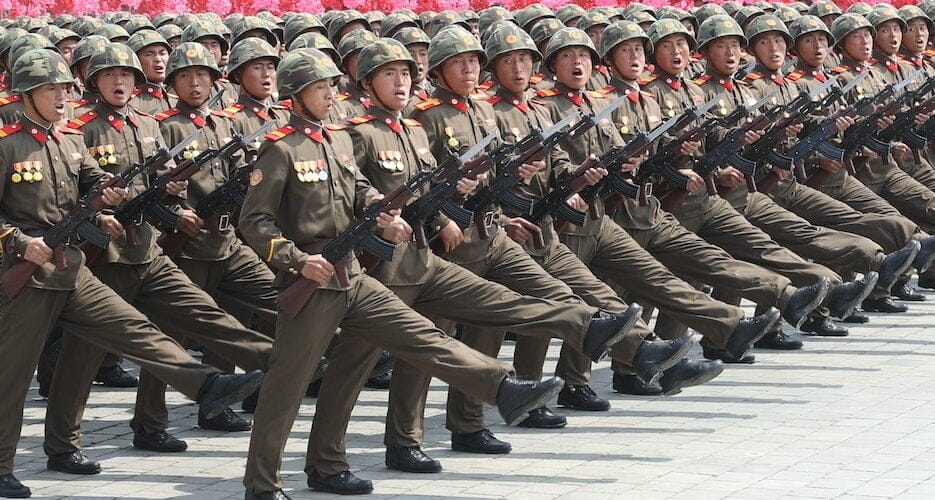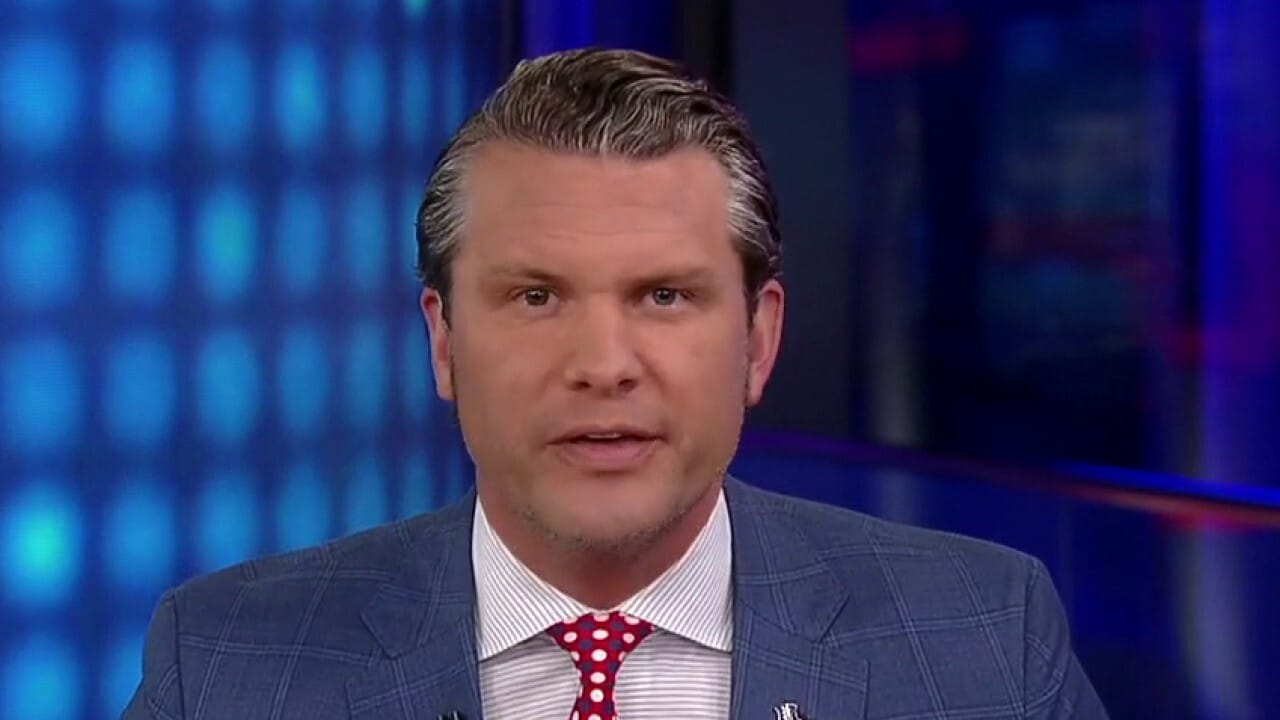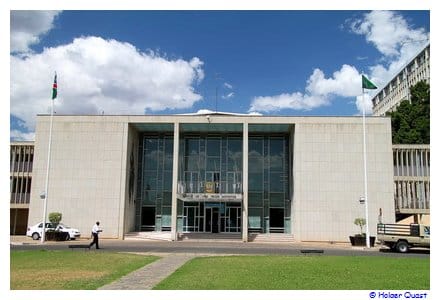In a surprising turn of events, credible sources within the United States government have revealed that North Korean troops are reportedly engaged in the fighting in Ukraine, resulting in casualties among their ranks. This assertion has sparked concerns over the escalation of military involvement by North Korea in international conflicts far beyond its usual sphere of influence.
The situation in Ukraine, which has been embroiled in conflict since 2014, has seen various nations providing support to either side, with the recent escalation of hostilities raising the stakes significantly. The ongoing Russian invasion that began in February 2022 has drawn in not only European nations but has also prompted discussions around the involvement of nations like North Korea. The claims made by US officials suggest that North Korean soldiers may be fighting alongside Russian forces.
While the specific details surrounding the engagement of North Korean troops remain murky, it is well-documented that North Korea and Russia have historically maintained a cooperative relationship, particularly in military and economic spheres. The existence of this alliance has led to significant speculation about military cooperation a potential joint strategy during times of heightened conflict. In light of the US officials’ assertions, analysts are scrutinizing the broader implications of North Korea’s involvement in Ukraine.
Reports indicate that North Korean troops could have entered the conflict as part of Moscow’s efforts to bolster its military presence and resources in Ukraine. The involvement of foreign troops, especially from a country like North Korea, could symbolize a new phase in the Ukraine conflict, where the dynamics of international alliances are tested in the face of ongoing warfare. Some sources have also suggested that North Korea’s involvement might be linked to their need for foreign currency and military supplies, which could be gained through participation in such operations.
The United States has voiced opposition to this development, emphasizing the need for international accountability and the importance of sanctions imposed on North Korea. Such sanctions have aimed to curb the aggressive militaristic ambitions of Pyongyang, and reports of troop deployment could disrupt the fragile balances established by these economic measures. Consequently, US officials are advocating for a unified international response to contain this potential shift in the conflict’s dynamics.
Furthermore, the growing phenomenon of foreign combatants participating in the Ukraine war reflects broader trends in modern warfare, where boundaries between national conflicts can blur. This trend is not unprecedented; in previous conflicts, foreign troops have often been deployed by nations seeking to support allied groups, projecting military power far beyond their borders while engaging in proxy battles. The implications of North Korean troops fighting in Ukraine expand the scope of the current conflict and may set a concerning precedent for further outside intervention.
The response from other nations—particularly those in the region such as South Korea—may significantly influence the strategic calculus in the ongoing conflict. South Korea has expressed concern regarding North Korea’s militaristic behaviors, and news of troop deployments may invigorate discussions about their buffer strategies. With geopolitical rivalries in the region at stake, the response from South Korea could sway how other nations respond to the unfolding situation.
International law and norms governing conflicts and military involvement are also vital considerations in this context. The engagement of one country’s armed forces in another’s internal conflict raises questions about the legality of such actions and the principle of sovereignty. Analysts argue that if verified, North Korea’s deployment of troops into Ukraine could be viewed as a breach of international norms, prompting calls for accountability at global forums such as the United Nations.
While much about the situation remains speculative pending further evidence, US intelligence officials continue to monitor developments closely. The complexities involved in international relations and modern combat necessitate a nuanced understanding of the potential consequences of troop movements and military alliances.
In conclusion, the claim that North Korean soldiers are actively engaging in combat in Ukraine presents an alarming new chapter in an already complicated war. As the global community watches with trepidation, the implications of this involvement extend beyond the battlefield in Ukraine, impacting international relations and the stability of regions well beyond Eastern Europe. As more information comes to light, it will be crucial for nations to assess their strategies and respond appropriately to this evolving security landscape.



